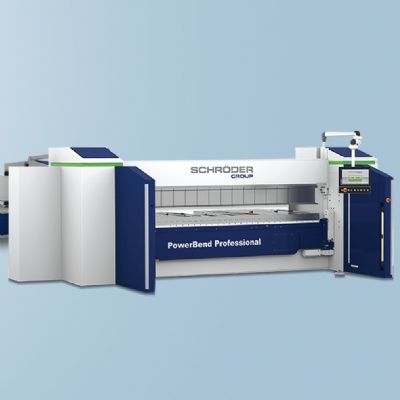With the Economy Lousy, Now is a Great Time to Transfer Your Business to Your Kid(s)
September 1, 2009Comments
Did you notice that the title of this article does not say “Sell?” Instead, it says “Transfer.” So if you are thinking of having one or more of your kids own your business some day, this article probably can become a new profit center for you and your business.
About once a month I get a call from a reader (call him Joe) of this column who wants to sell his business (Success Co.) to his kids. After a short conversation, Joe understands why a sale is a terrible idea for Joe and the kids.
Let’s start with the kids. In this case Joe’s son (Steve) wants to buy Success Co. for $1 million (the real fair market value). Follow these strangling tax numbers: Steve must earn $1.66 to have $1 left to pay to Joe (typically 40 percent in income tax—state and federal—on $1.66 is 66 cents in tax). Steve pays the full $1 to Joe. Steve cannot deduct any portion of this $1 because the purchase of stock (Success Co. or any other stock) is simply a nondeductible capital expenditure.
If Success Co. is a C corporation, any interest paid by Steve, in addition to the principal stock purchase amount is generally not deductible. However, Steve could deduct this interest against portfolio income—interest and dividends on other investments. Rarely do kids have such investments. But Steve can make all the interest deductible by having Success Co. elect S corporation status.
What about Joe? Steve pays his dad that $1, plus interest. Joe must pay a capital-gains tax (typically 15 percent on the dollar) and pay his top tax bracket (say 40 percent) on the interest income. Okay, Joe has 85 cents left after paying the capital gains tax on the $1. If Joe doesn’t spend that 85 cents, the IRS gets up to 55 percent (using 2011 rates) for estate taxes. That’s another 47 cents for the tax monster, leaving Joe’s heirs with only 38 cents.
Let’s review. Steve must make $1.66 for Joe to leave his family 38 cents. That would turn into $1,660,000 for Steve—with a $1 million price for Success Co.—to make while Joe’s family only gets $380,000. Lousy tax planning.
Now let’s put some meat on them bones. Suppose Success Co. is worth $6 million. Yes, Steve has to earn a stratospheric $10 million ($6 million times 1.6667) for this family to keep $3.8 million.
Take a minute to apply the above formula to your own Success Co. I know, you don’t want to go there. But fortunately, the tax law has a flaw, offering an easy and better to transfer your business to your children.
When should the transfer be made? If you are lucky enough to own a family business currently enjoying big profits or larger profits each year, the sooner you make the transfer, the better. You will freeze the value of your business and stop the potential loss of estate taxes on your increasing wealth. Unfortunately, most family businesses are suffering reduced profits in these tough economic times. Obviously, the value of such businesses are at a low point, giving you a window of opportunity to make a tax-advantaged transfer to your children.
Sounds good. But, if you are typical, under no circumstances do you want to give up control of Success Co. Let’s walk through the simple three-step process for transferring your business (get it out of your estate), yet keeping absolute control for as long as you want.









